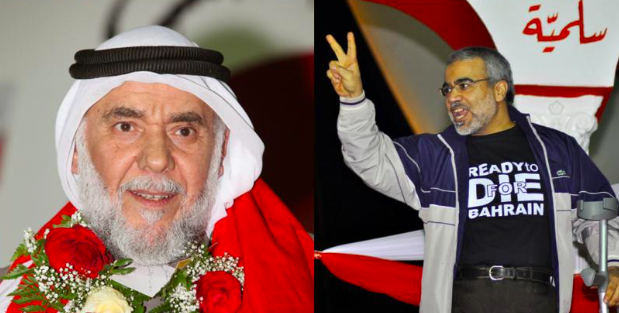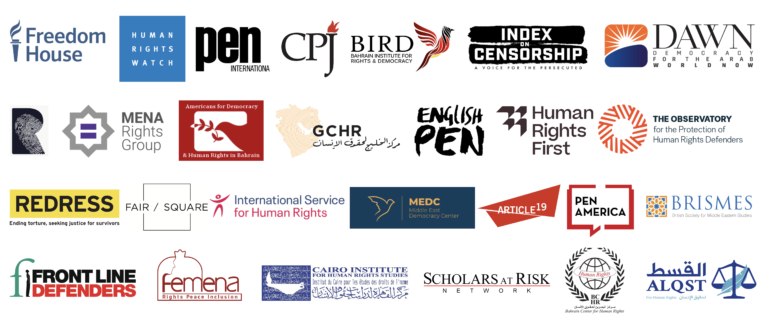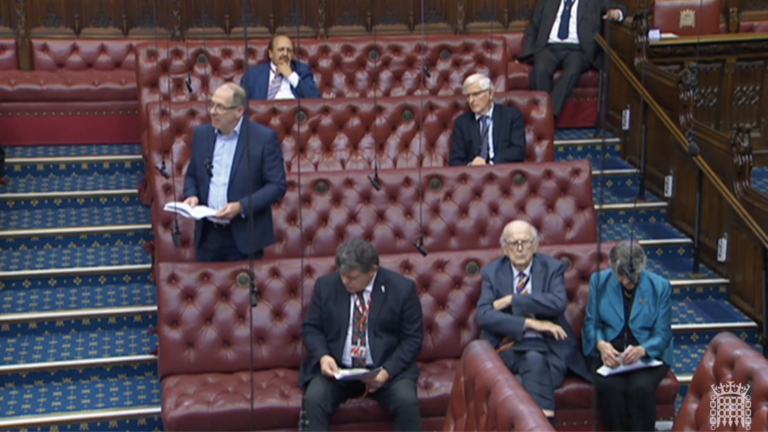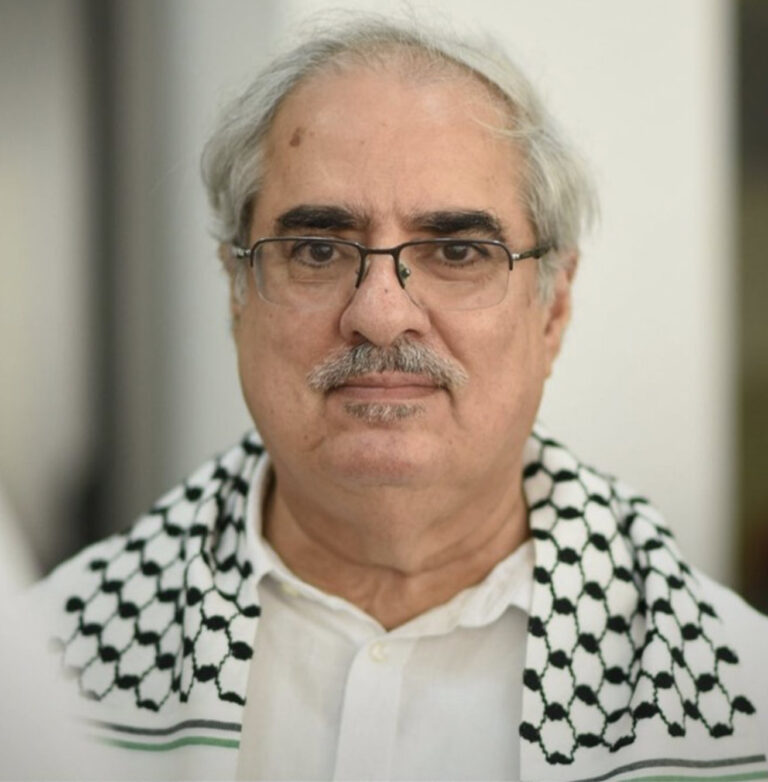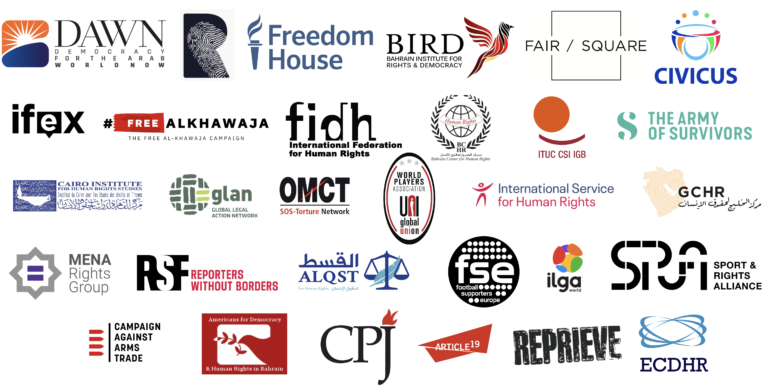22 November 2019- Yesterday, 52 Members of the European Parliament (MEPs) delivered a joint-letter condemning the denial of medical treatment to prominent political prisoners in Bahrain to Mr. Michele Cervone d’Urso, the Head of the European Union Delegation to Saudi Arabia, Bahrain and Oman.
#Bahrain: OUT NOW! 52 MEPs sign letter on denial of medical treatment to #politicalprisoners Thank you to @MartinChelt for leading this initiative and all who signed! #HumanRights
More details below: https://t.co/oB0KI6eWeJ— ECDHR (@ECDHRbxl) November 21, 2019
MEPs from all political groups signed the letter, which deplores “medical negligence, delays and arbitrary exercise of authority” in two Bahraini detention centres. They went on to urge the “Delegation of the EU in Riyadh to use its private and public channels” to ensure the individuals mentioned in the letter are granted medical care and that “their fundamental rights are respected, while working to secure their release.”
MEPs raised particular concerns about 71 year old political leader Hassan Mushaima and the academic and opposition figure Dr Abduljalil Al-Singace, who are both serving life sentences for “their peaceful role in the 2011 pro-democracy movement”. Last month, Human Rights Watch and the Bahrain Institute for Rights and Democracy condemned the “degrading treatment of opposition activists,” while earlier this week, four UN experts highlighted a further ten individuals reportedly facing medical neglect at Jau Prison.
Mr Mushaima, a prominent political leader, suffers from a range of serious health problems including diabetes, gout, heart and prostate problems, numbness and is in remission from lymphoma cancer, requiring PET scans every six months. Mr Mushaima complains that prison authorities routinely fail to take him to appointments due to his refusal to submit to humiliating shackles. Dr Abduljalil Al Singace, engineering professor and renowned human rights activist, suffers from post-polio syndrome and depends on a wheelchair. He has also been prevented from attending appointments by the imposition of shackles.
When imposed on inmates who do not pose an escape or security risk, these restrictions violate the United Nations Standard Minimum Rules for the Treatment of Prisoners (the Mandela Rules).
MEPs also highlighted abuses in Isa Town Female Detention Centre, Bahrain’s only women’s prison. In particular, they noted that political prisoners Hajer Mansoor and Medina Ali “appear to be deliberately targeted by punitive restrictions.” The two women report a plethora of abuses by prison authorities, ranging from medical negligence and religious discrimination to physical assault.
They also complain that the prison has imposed a barrier in the visitation room that prevents any open contact with family members, in contravention of Rule 23 of the UN Rules for the Treatment of Women Prisoners (Bangkok Rules) which emphasises that disciplinary sanctions “shall not include a prohibition of family contact, especially with children.”
The letter noted that “the pattern of denial of medical care and religious discrimination” is common across Bahraini prisons, noting the wave of hunger strikes by prisoners since August 2019, when 600 prisoners refused food at Dry Dock Pre-Trial Detention Centre and Jau Prison. One inmate, Ali Al Hajee, continued his protest for 75 days, until prison authorities promised he would be granted unobstructed family visits and that his treatment would resume.
The letter concluded with a number of requests for the Delegation of the EU in Riyadh to pursue with the Bahraini authorities on behalf of the individuals featured in the letter. These included ensuring Mr Mushaima and Mr Al Singace are taken to their appointments without shackles; ensuring Ms Mansoor and Ms Ali are granted family visits without the barrier and that reprisals against them end; and putting pressure on Bahraini authorities to hold officers responsible for torture to account.
Sayed Ahmed Alwadaei, Director of Advocacy at BIRD, commented: “This recognition from MEPs is an important step to securing the rights of vulnerable inmates, many of whom are incarcerated on politicised charges and should not be imprisoned in the first place. It also sends an important message to victims of abuse that they are not suffering alone and have wide international support for their struggle.”
The European Centre for Democracy and Human Rights (ECDHR) commented: “ECDHR welcomes this initiative by the Members of the European Parliament, and calls on the European Union to act on this sign of concern by these elected officials.”
Read the full letter here.

